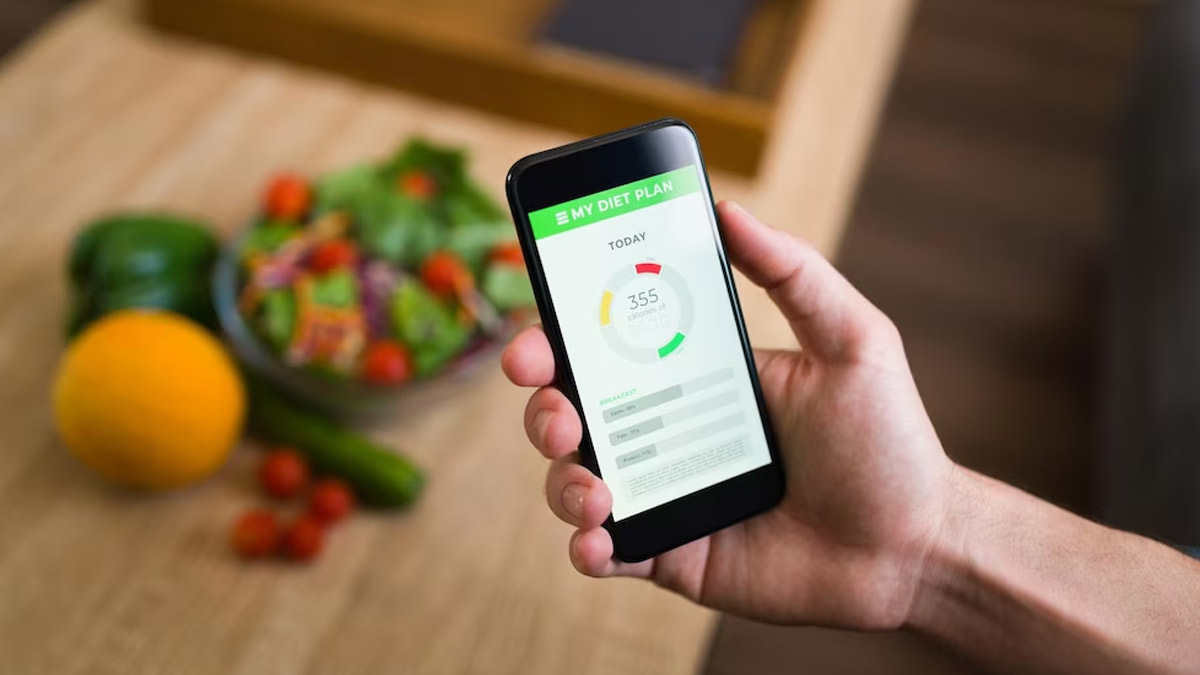
When it comes to starting a diet, many beginners are unsure of where to begin. There are so many diet options and conflicting information that it can be overwhelming. One tool that can help make the process easier is tracking your food intake. By keeping track of when you eat, and what you eat, you can gain insight into your eating habits, identify problem areas, and make changes that can support your weight loss goals. So before you binge you starve yourself or binge on supplements, let's start by understanding what happens when you eat at the same time every day and the benefits of tracking your food intake.
Table of Content:-
What Happens When You Eat At The Same Time Daily?
When it comes to weight loss, we always focus on protein and salads for fibre consumption, but what counts most is the timing of your meal. When a person eats all of their meals at the same time, their metabolism improves, supporting speedier transformation. Eating at the same time also makes it easier for the body to create patterns and digest meals. So, the next time you sit down to eat, set an alarm and eat at the same time.
![]()
Benefits Of Food Tracking
Gain Awareness
One of the most significant benefits of tracking your food intake is that it increases your awareness of what you're eating. Many people eat mindlessly or without paying attention to the types and amounts of food they're consuming. When you track your food intake, you can see how much you're eating, what types of foods you're consuming, and when you're eating them. This awareness can help you make better choices about what to eat and when.
Also Read: Tracking Progress: How To Avoid Getting Discouraged In First 30 Days Of Transformation
Identify Patterns
If you're having trouble losing weight? Identifying trends in your eating habits can assist you. For example, you might find that you frequently overeat at night or miss breakfast. Once you've identified these patterns, you can implement modifications to break the bad habits.
Accountability
When you track your food intake, you hold yourself accountable for what you eat. It's easy to forget about that extra snack or dessert, but when you have to write it down, you're more likely to think twice about what you're consuming. This accountability can help you make better choices and stick to your weight loss goals.
![]()
Monitor Progress
Tracking your food intake also allows you to monitor your progress. You can see how many calories you're consuming, how much protein you're eating, and how many carbs you're consuming. By monitoring your progress, you can make adjustments to your diet and exercise routine to ensure that you're making progress toward your weight loss goals.
Also Read: What Is Diet Burnout And How To Overcome It
Make Informed Choices
When you track your food intake, you have access to information about the types of foods you're consuming. This information can help you make informed choices about what to eat. For example, you may notice that you're consuming too many high-calorie foods or that you're not getting enough protein. Armed with this information, you can make changes to your diet that will support your weight loss goals.
Image Credit: Freepik
Also watch this video
Read Next
7 Diabetes-Friendly Sweet Snacks
How we keep this article up to date:
We work with experts and keep a close eye on the latest in health and wellness. Whenever there is a new research or helpful information, we update our articles with accurate and useful advice.
Current Version